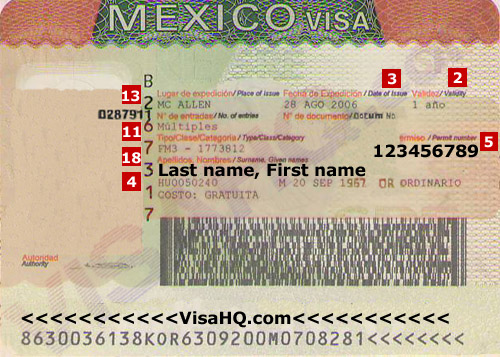Mexico Embassy list in Cuba
Need help?Chat with us
Why Trip Registration at the Mexico Embassy is Important
Registering your trip with the Mexico embassy is a crucial step for ensuring your safety while traveling abroad. In times of crisis, such as natural disasters, political unrest, or medical emergencies, having your trip registered enables the embassy to reach out and provide necessary assistance. For example, if a hurricane hits the region where you are staying, the embassy can provide timely updates and guidance on evacuation procedures. In cases of political unrest, being registered allows the embassy to account for your safety and facilitate emergency support. Furthermore, should you face a medical emergency, the embassy will have your details on file, making it easier for them to offer assistance or connect you with local medical facilities. Overall, trip registration acts as a vital lifeline, enhancing communication and ensuring support during unforeseen circumstances.
Mexico Embassy FAQs
Can the Mexico embassy assist in legal issues abroad?
Yes, the Mexico embassy can provide assistance for legal issues abroad, including referrals to local attorneys and guidance on navigating foreign legal systems.What should I do if I lose my Mexico passport in Cuba?
If you lose your Mexico passport in Cuba, you should contact the Mexico embassy immediately to report the loss and initiate the process for obtaining a replacement passport.Are there any fees for consular services provided by the Mexico embassy?
Yes, many consular services provided by the Mexico embassy, including documentation and assistance, may have associated fees. It’s advisable to check the embassy’s website for detailed information.How can I stay updated on travel advisories for Cuba?
Travelers can stay updated on travel advisories by regularly checking the Mexico embassy’s website or subscribing to their email alerts regarding safety and travel conditions in Cuba.
Services Provided by Mexico Embassies in Cuba
Passport Services
- Issuance of new passports
- Renewal of existing passports
- Lost passport replacement
Visa Issuance for Foreign Nationals
- Visa applications for non-Mexican citizens
- Information on residency permits
Assistance in Legal or Medical Emergencies
- Legal referrals and advice
- Support with local medical services
- Emergency contact facilitation
Travel Alerts and Safety Updates
- Timely updates on security conditions
- Guidance during natural disasters
Support for Nationals Detained Abroad
- Assistance in legal matters for detained citizens
- Coordination with local authorities
Summarized Diplomatic Presence
Mexico maintains a strong diplomatic presence in Cuba, primarily through its embassy located in Havana, which serves as the cornerstone of bilateral relations. The embassy is responsible for fostering diplomatic ties, promoting cultural exchanges, and facilitating trade and tourism between the two nations. Additionally, there are consulates in other major cities that provide essential services to Mexican citizens abroad. This diplomatic network plays a vital role in ensuring the welfare of Mexican nationals in Cuba and enhancing cooperation in various sectors, thereby reinforcing the significance of Mexico-Cuba relations on the international stage.
